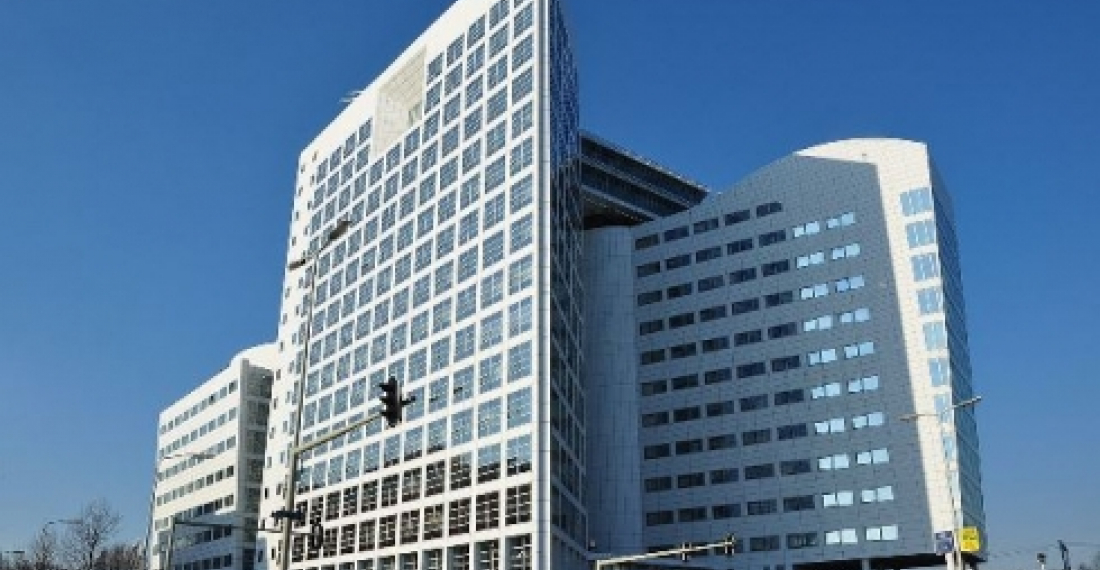It is shameful that only Georgia out of the six nations that form the wider Caucasus Region has as yet ratified the Rome Statute of the International Criminal Court (ICC). Armenia, Azerbaijan, Russia, Turkey and Iran have not joined and their absence has created a significant black hole in the practice of world justice.
The International Criminal Court is an intergovernmental organization and international tribunal that sits in The Hague in the Netherlands. The ICC has the jurisdiction to prosecute individuals for the international crimes of genocide, crimes against humanity, and war crimes. The ICC is intended to complement existing national judicial systems and it may therefore only exercise its jurisdiction when certain conditions are met, such as when national courts are unwilling or unable to prosecute criminals or when the United Nations Security Council or individual states refer investigations to the Court.
The ICC began functioning on 1 July 2002, the date that the Rome Statute - a multilateral treaty which serves as the ICC's foundational and governing document - came into force. It is shameful that only one country out of the six that form the wider Caucasus Region has as yet ratified the Rome Statute of the International Criminal Court. Georgia signed the treaty on 18 July 1998, and ratified it on 5 September 2003, both during the time of President Shevardnadze's administration. Up to now 123 states have signed and ratified the Treaty. They include all the 28 member states of the European Union.
Neither Armenia nor Azerbaijan have ratified the Treaty. Yet the governments of the two countries continuously talk of war crimes and brutalities of the past. They are ofcourse right to do so, but their arguments lose a lot of their moral authority as a result of their absence from the International Criminal Court.The Court cannot look at the past, but it can certainly look at the present and the future. With the two countries locked in conflict, the danger of another massacre or war crime cannot be excluded. The ratification of the Rome Statute by Armenia and Azerbaijan can be an important contribution to future peace in the region. The co-Chair of the OSCE Minsk Process should be advocating a step in this direction, but ofcourse they hardly can, given that neither the United States nor Russia have done so themselves.
The issue has become relevant also in the context of what is going on in the Middle East, and the atrocities being committed by the organisation calling itself "Islamic State". The International Criminal Court recently remarked that it cannot pursue those committing these crimes since neither Iraq nor Syria have ratified the Rome Statute. But there is an important caveat. If a citizen of a state that has signed and ratified the Treaty commits a crime against humanity the Court does have jurisdiction over him. Thus if Russia, Turkey, Armenia, Azerbaijan, and Iran were to become signatories those committing atrocities would be liable for prosecution if they are their citizens. The absence of these five countries thus creates a big black hole in the international criminal system, allowing the possibility of genocide, war crimes and other crimes against humanity to go unpunished.
Commonspace.eu calls on the governments of Armenia, Azerbaijan, Iran, Russia and Turkey, as well as those other states who have not yet done so to sign and ratify the Rome Statute and help make sure that crimes against humanity do not go unpunished.
source: This is an editorial comment prepared by the editorial team of commonspace.eu. More information on the International Criminal Court is available here
Photo: The Headquarters of the International Criminal Court in The Hague.






